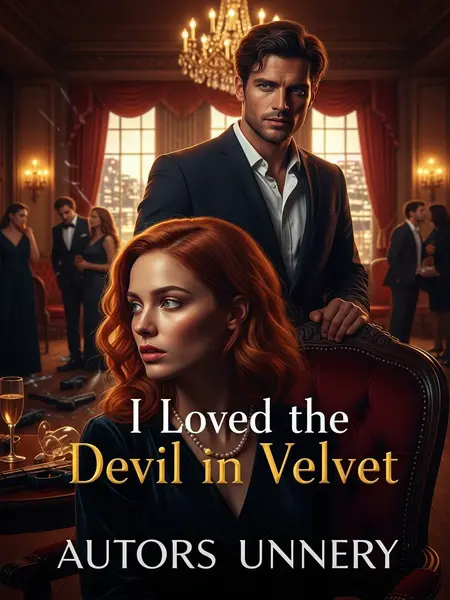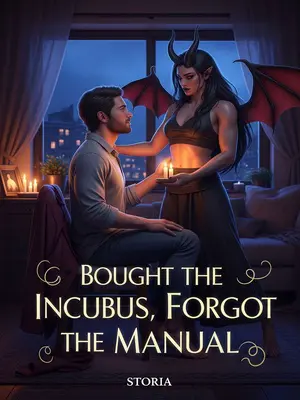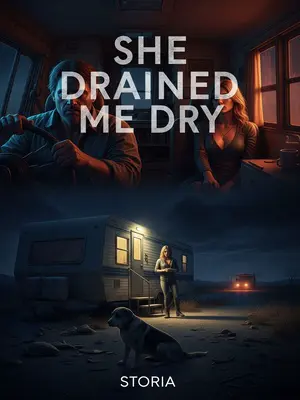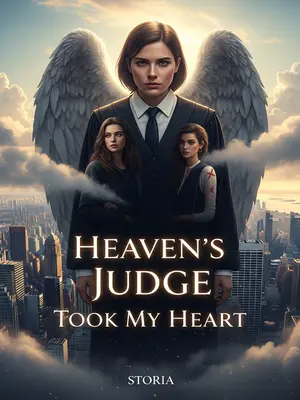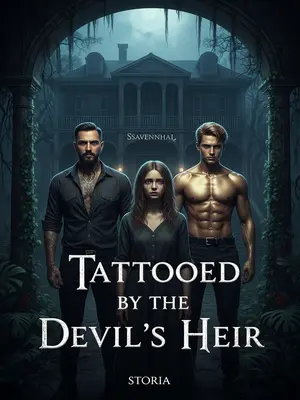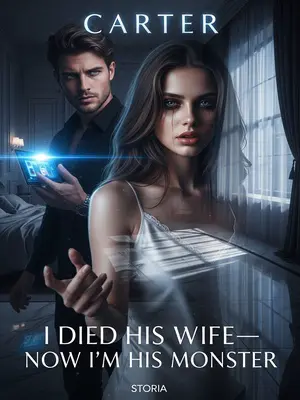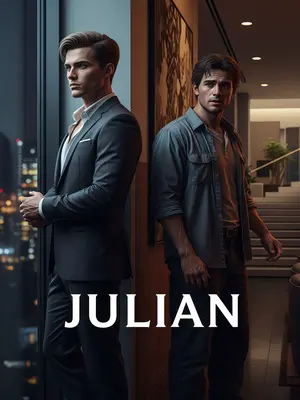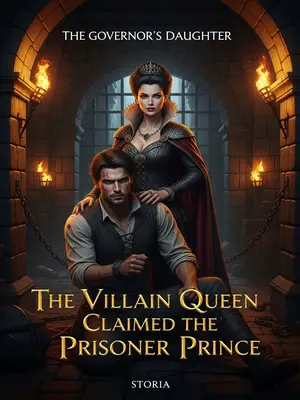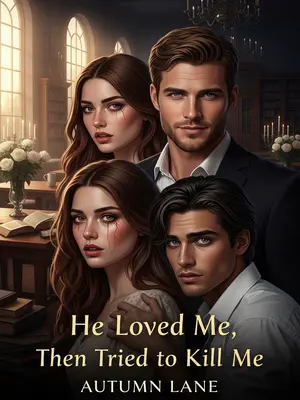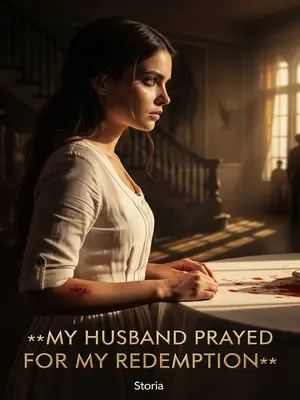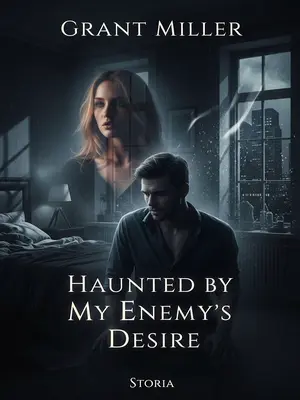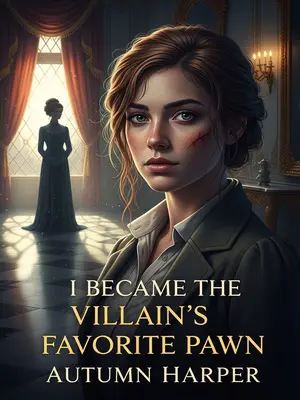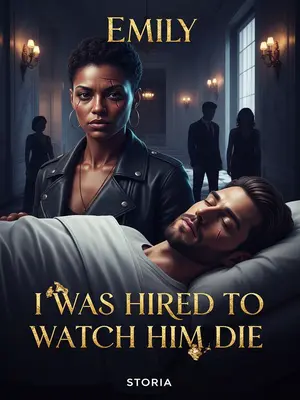Chapter 2: Pearls, Gunfire, and the Devil’s Smile
The year I met Victor Halloran, I was twenty-six and had been with Harrison Langley for three years.
It was the kind of year that sticks in your memory, the kind where everything changes in ways you don’t see coming. The city was restless, full of new money and old grudges, and I was caught somewhere in between, never quite belonging to any world but always pretending I did.
Early that morning, Harrison handed me a crisp stack of bills, the kind that still smelled faintly of ink and leather. His fingers lingered on mine for a moment, a silent promise in the touch. “Go see Marjorie, honey. She’ll make you something that’ll turn every head at the gala.” His voice was light, but there was a seriousness behind it—a man who knew appearances were everything.
I took the money, then looked at him with a playful smile. “I saw a pearl necklace at the Whitmore family’s jewelry store the other day. It would go perfectly with a red velvet dress.”
I let my voice trail off, batting my lashes just a little, teasing him the way I always did. Harrison grinned, rolling his eyes in that long-suffering way of his, but I could tell he was already giving in.
Harrison sighed and pulled out a few more bills. “Fine, buy the necklace too.”
He pressed the extra bills into my palm, shaking his head like he was being fleeced, but I knew he loved spoiling me. There was something old-fashioned about the way he took care of me, like I was the only person in the world who mattered.
With Harrison, it was never just about gifts—it was the way he remembered little things, the way he’d slip a note into my purse or bring me flowers after a long rehearsal. He made me feel seen, cherished, as if I were something rare and precious in a city full of hard edges.
Back when we first met at the old opera house, he liked hearing me sing “The Lark’s Gift.” He requested it seven times in a row, showered the stage with tip money, and sent extravagant bouquets of roses and a pricey tourmaline bracelet.
The opera house was a faded beauty, its velvet seats worn thin by years of applause. Harrison sat in the front row every night that week, his gaze never leaving the stage. I remember the weight of his attention, the way it made me sing a little brighter, reach a little deeper. The bouquets arrived backstage, heady with the scent of roses, and the bracelet sparkled like a promise on my wrist.
He’d pace the wings, wringing his hands, whispering, “He’s a good patron, Autumn. Don’t waste this chance.” I’d just smile, knowing the director meant well, but feeling the pressure all the same. Every note felt like it carried the weight of our future.
That night, Harrison’s car waited at the theater door to take me home.
It was a sleek Packard, the kind that drew stares even in the city. The driver tipped his hat, holding the door for me like I was royalty. Harrison leaned out the window, grinning, his hat at a rakish angle. The city lights glinted off the hood, and for a moment, I felt like a movie star.
The apartment was quiet, the kind of hush that settles after a night of music and laughter. I rinsed my glass, checked my lipstick in the mirror, and gathered my things. The city outside was alive, but inside, I moved in slow, deliberate motions, savoring the stillness.
His car was waiting outside, my own driver behind the wheel.
The driver—Tommy, a kid from the Bronx with a crooked smile—nodded as I slid into the back seat. The leather was cool against my skin, and the city blurred by in streaks of neon and lamplight. It felt like a little pocket of safety, a world apart from everything else.
We drove down Main Street and stopped in front of Marjorie’s tailor shop.
The morning air was brisk, the city just waking up. Main Street bustled with shoppers and delivery boys, the sound of streetcars clanging in the distance. Marjorie’s window was full of mannequins in the latest styles, velvet and silk gleaming in the sunlight. I took a breath, the city’s energy buzzing in my chest.
When I saw the shop was packed, I frowned and said, “Forget it—let’s hit the Whitmore jewelry store on the riverfront first.”
I didn’t like crowds, not when I was in the mood to be noticed. I caught Tommy’s eye in the rearview mirror, and he nodded, pulling away from the curb without a word. The city rolled past in a blur of color and noise.
We pulled up by the Hudson, just down the block from the National Bank. The river glinted in the morning sun, ferries chugging along the water. The Whitmore storefront was all marble and brass, the kind of place you went to be seen. Across the street, bankers hustled in and out of the National, briefcases swinging, collars stiff with starch.
I’d heard that the Whitmores were an old-money family from the Gilded Age, quick to adopt European ways and well-connected with city politicians. They ran jewelry stores, speakeasies, and clubs all over town, respected in both the underworld and the upper crust.
The Whitmores were the kind of people who knew everyone worth knowing. Their parties were legendary, their connections ran deep, and everyone—cops and crooks alike—gave them a wide berth. Just once, I wanted to see that world from the inside.
I caught my reflection in the glass—red lips, dark curls pinned just so, the faintest smudge of kohl at the corners of my eyes. My heels clicked on the pavement as I stepped out, head held high, heart pounding with anticipation.
I’d barely found my footing when—bang—a gunshot split the air, glass shattering in front of me.
The world tilted. I ducked instinctively, shards of glass raining down, catching the sunlight as they fell. My pulse thundered in my ears, and for a split second, the street was silent, everyone frozen in shock.
A dark figure flashed past, then two more gunshots. The shadow collapsed a few steps away, blood pooling on the ground.
The man hit the ground hard, blood spreading in a dark halo. The crowd screamed and scattered, people ducking behind cars and lampposts. My own feet felt rooted to the spot, the scene playing out in slow motion.
My hands shook, clutching my purse like a lifeline. I couldn’t move, couldn’t even breathe. The city noises faded, replaced by the thud of my own heartbeat. I’d seen violence before, but never this close, never so sudden.
A contemptuous laugh sounded right by my ear. The light before me dimmed. Then a tall man stepped in, a pistol in a holster at his waist, wiping blood from his fingers with a handkerchief.
He was a silhouette at first, broad-shouldered and unhurried. His boots made no sound on the pavement. He flicked the blood from his hands with a kind of bored precision, as if this was just another Tuesday morning for him.
They were the kind of eyes that missed nothing—gray, maybe blue, hard as steel. He looked at me like he was reading a headline, sizing me up in an instant. I felt a chill crawl up my spine.
It was a look that stripped away every pretense. I felt exposed, like he could see straight through me, past the dress and the makeup, down to the secrets I tried so hard to hide. I wrapped my arms around myself, suddenly self-conscious.
I wanted to shrink away, but pride held me still. I lifted my chin, meeting his gaze with as much defiance as I could muster. I wouldn’t let him see me flinch.
I steadied myself, willing my voice not to shake. “Thank you for noticing,” I said, my tone as cool as I could manage. I wouldn’t give him the satisfaction of seeing me rattled.
He lingered on the word, letting it hang in the air between us. The teasing was obvious, but so was the underlying respect. I saw something shift in his eyes, a flicker of recognition.
I put a little steel in my voice, letting him know I wasn’t some helpless damsel. My mother always said a lady’s tongue was her best weapon, and I wielded mine with care.
He looked at me like a man who always got what he wanted, and right now, what he wanted was me. I could feel the heat rising in my cheeks. No way was I backing down.
I brushed past him, shoulders squared, heels clicking like gunshots on the marble floor. I could feel his gaze on my back, burning holes through my dress.
Each step left a crimson print, a trail of evidence that I’d been there—caught up in something bigger than myself. The salesgirl’s eyes widened as I approached, but she said nothing.
He leaned against the counter, hands in his pockets, looking for all the world like he owned the place. The salesgirl glanced between us, nervous, unsure who to defer to.
My voice was steady, even though my heart was racing. I pointed to a strand of pearls, their luster perfect in the morning light. I needed something to focus on, something to anchor me.
He drawled the words, stepping closer. I could feel his breath on my neck, warm and unsettling.
His presence was overwhelming, a wall of heat and danger. I held my ground, refusing to flinch. The salesgirl hovered nervously, waiting for one of us to make the next move.
He bent down. His breath was warm on my neck. I stiffened, my skin prickling with a mix of fear and something I refused to name. He was close enough that I could smell his cologne—something sharp and expensive, with a hint of smoke.
He spoke as if the violence outside was nothing more than a minor inconvenience. The words chilled me, but I forced myself to stay composed. His hand rested on the glass, fingers splayed, claiming the moment as his own.
The command was casual, but there was no mistaking the authority in his voice. The salesgirl scurried to obey, glancing nervously at him, then at me.
Her tone changed instantly—deferential, almost fearful. I realized then that this man was someone important, someone people listened to, whether they wanted to or not.
The name rang in my ears, carrying weight and menace. I felt a prickle of unease, wondering just how deep I’d stumbled into trouble.
I searched his face for a hint of confirmation, but all I saw was a slow, knowing smile. The name tasted strange on my tongue—famous, infamous, depending on who you asked.
The Hallorans were the kind of family that made headlines—scandals, betrayals, whispered rumors at every dinner party. Victor’s story was the stuff of tabloid legend, and I’d heard it all before: the bastard son, the tragic mother, the vengeful stepmother.
He’d survived poisonings, “accidents,” and at least one fire. The city’s rumor mill never let up, spinning new tales every week. Some said he had nine lives; others said he was just too mean to die.
The papers called it a hostile takeover. He brought in his own men, cleaned house, and by the time the dust settled, the Halloran name was feared on both sides of the law. The speakeasies became legends, the jewelry stores fronts for everything from bootlegging to blackmail.
He was young, but the kind of young that comes with scars and hard lessons. People said he was the devil in a sharp suit, and looking at him now, I believed it.
Nobody dared cross him after that. The river was full of secrets, and the Hallorans knew how to keep them. I shivered, suddenly aware of just how close I was standing to danger.
My mind replayed the gunshots, the blood, the way Victor hadn’t even flinched. This was a man who’d seen more violence than I could imagine, and it hadn’t left a mark on his soul—at least, not one you could see.
He held out the box with a little flourish, as if bestowing a gift on royalty. His eyes sparkled with mischief, daring me to refuse. I hesitated, unsure whether to accept, but curiosity won out.
His hands were elegant, almost artistic, but there was a hardness to them—a strength that spoke of violence held barely in check. I wondered what those hands had done, what they were capable of.
He looked every inch the gentleman, but the gun and the blood told another story. It was impossible to forget who he really was.
High cheekbones, a strong jaw, lips that looked almost soft. It was the kind of face you’d expect to see on a movie poster, not in a crime report. I caught myself staring, then quickly looked away.
I remembered his voice, rough with years of smoke and whiskey: “You can paint on a pretty face, but real beauty’s in the bones, Autumn. That’s what the audience remembers.”
He was a contradiction—danger wrapped in silk, violence hiding behind a smile. I wondered if he even knew how striking he was, or if it was just another weapon in his arsenal.
His voice was teasing, but there was a challenge in it. I felt a flush rise to my cheeks, but I refused to look away. Two could play at this game.
I stiffened, my guard snapping into place. How did he know me? I tried to remember if we’d met before, but nothing came to mind. My fingers drifted to my hair, searching for reassurance.
I schooled my face, fingers drifting to the hairpin tucked away. The hairpin was my secret weapon, always hidden just in case. I wrapped my fingers around it, feeling the cool metal steady my nerves. If he tried anything, I’d be ready.
The sound of his laughter was bright and unexpected, echoing off the marble floors. I caught the box on instinct, surprised by his sudden shift in mood.
He looked almost boyish for a second, the mask of the ruthless mobster slipping just enough to let something real show through. It unsettled me more than any threat could have.
It was like watching a storm roll in—one moment sunshine, the next, thunder. His eyes hardened, his posture shifting from playful to predatory in a heartbeat.
His words were laced with contempt, but there was something else there too—envy, maybe, or regret. I felt a pang of anger on Harrison’s behalf, but I kept my face neutral.
I let the words hang between us, daring him to push further. My mother always said a woman’s reputation was her shield, and I wielded mine with all the dignity I could muster.
His voice was a promise and a threat, both at once. He turned on his heel and strode out, boots splashing through the blood as if it were nothing more than a puddle in the street.
I watched him go, the crowd parting before him like water. The city seemed to hold its breath until he was gone.
The pearls were cool and heavy in my hand, their sheen perfect, almost hypnotic. I slipped them around my neck, feeling the weight settle against my skin. For a moment, I let myself imagine what it would be like to belong to a world where such gifts were given without strings.
Tommy glanced at me in the rearview, concern flickering in his eyes, but I didn’t explain. The city rolled past, the river glinting in the sunlight, and I pressed the pearls to my chest, feeling their chill seep into my bones.
It was the unspoken thing between us, a shadow that grew longer with each passing day. We danced around it, pretending not to notice the way our conversations grew shorter, our silences heavier.
He lingered in the doorway, watching me slip into the dress. His hands were gentle, tracing the pearls with reverence. “You look beautiful, Autumn. Like you belong in a painting.” His voice was soft, almost wistful.
His touch was familiar, but tonight it felt different—hesitant, searching. I closed my eyes, letting myself be carried away by the memory of how things used to be.
He teased me about it sometimes, saying I was finally letting the city spoil me. I laughed it off, but I knew he liked the change. I felt cherished, even as the world outside threatened to unravel.
He knew every inch of me, every place that made me shiver. I let myself forget everything else for a while, losing myself in the warmth of his embrace.
